#jesus medina
Photo
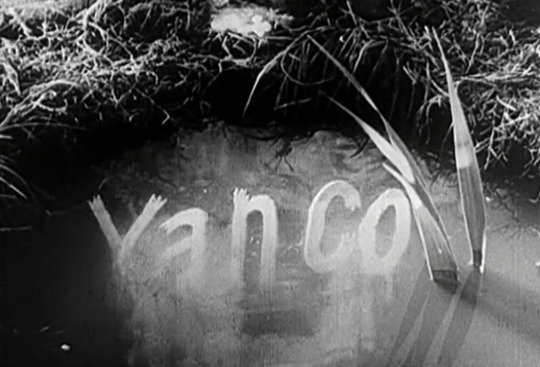
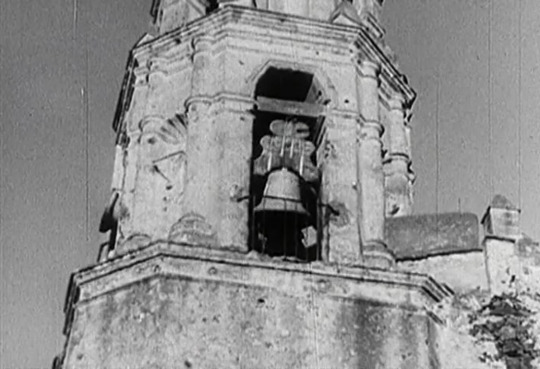
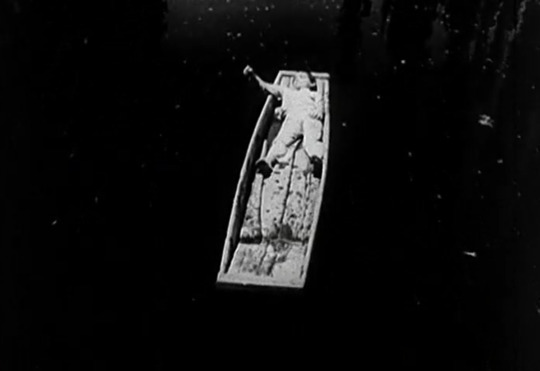
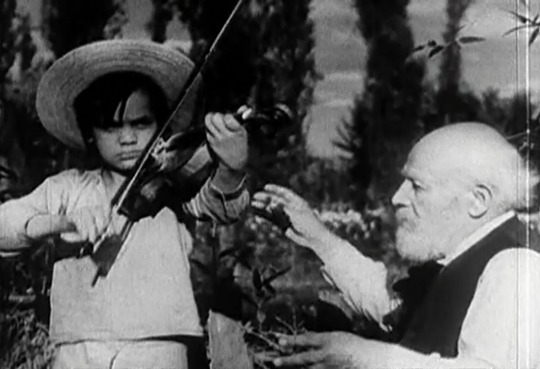
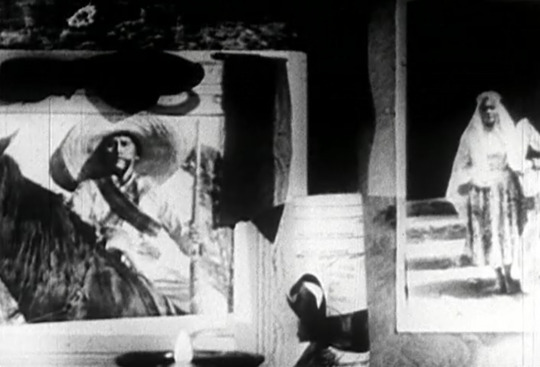
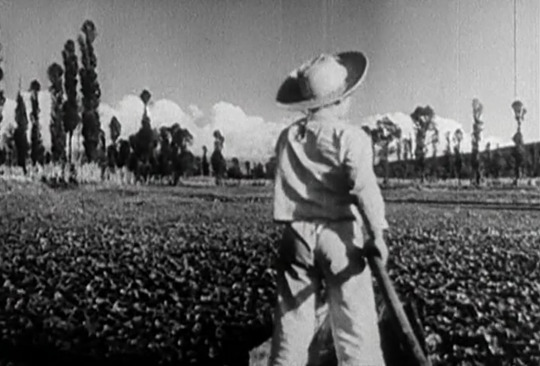
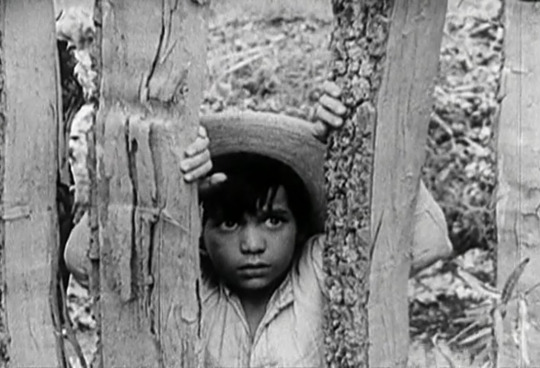
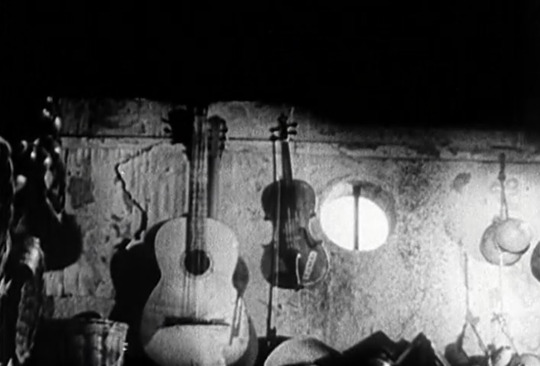
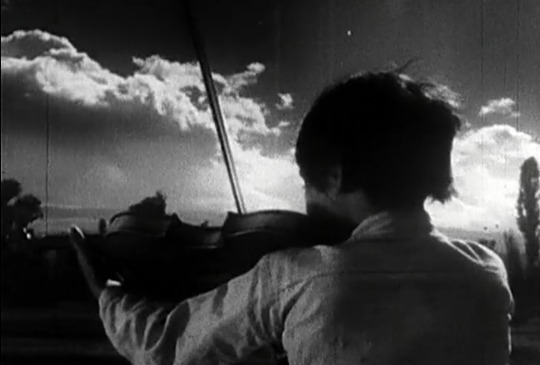
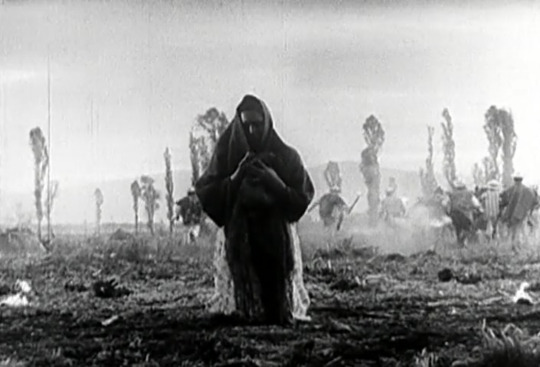
Yanco (1961)
1 note
·
View note
Text





Captain America (2023-) #3-4
cover by Jesus Saiz interior art by Lan Medina
#jesus saiz#captain america#steve rogers#lan medina#comic art#illustration#comic books#comics#cover art#marvel
16 notes
·
View notes
Text


Stephen, why? 😭
Captain America (2023) #3
#stephen strange#steve rogers#misty knight#doctor strange#captain america#marvel comics#captain america comics#616 steve rogers#616 stephen strange#captain america 2023#j michael straczynski#jesus saiz#lan medina
11 notes
·
View notes
Text
Surah An-Nisāʾ
Surah An-Nisāʾ
In The Name of Allah, the Most Gracious, the Most Merciful
O mankind! Be dutiful to your Lord, Who created you from a single person (Adam), and from him (Adam) He created his wife [Hawwa (Eve)], and from them both He created many men and women and fear Allah through Whom you demand your mutual (rights), and (do not cut the relations of) the wombs (kinship). Surely, Allah is Ever…
#Allah#belief#believe#Christian#Coran#Faith#Heaven#inheritance#Islam#jesus#Jew#Justice#Koran#Lord#Makkah#Mecca#Medina#Muslim#One#Paradise#Quran#SurahAnNisa#Trust#Truth#Women
1 note
·
View note
Text
Preview: Captain America #4
Captain America #4 preview. Steve Rogers thinks he's prepared - but the battle is not what it seems. Who - or what - is the Emissary? #comics #comicbooks #captainamerica

View On WordPress
0 notes
Text
"So many protesters are saying: 'how dare you call us antisemites, We're anti-zionist! Big difference!' Do you believe them?"
"Well I'm afraid the majority of the Jewish community doesn't accept that and doesn't believe that. It's like saying to a Christian 'we're going to dissect a part of your identity and faith and tell you what you should believe' It's like saying 'Hey we're OK with Christianity but not with Jesus' it's like saying to a Muslim 'Hey we're fine with Islam but just take out the Mecca and Medina part of it' For the majority of Jews, Zionism is an integral part of our identity, our culture, our practice, our belief, our prayer"
*It's incredibly intellectually dishonest and arrogant to say that 'We allow you to be a Jew but we don't allow you to be a Zionist'*
[Video source: Sky News Australia]
171 notes
·
View notes
Text
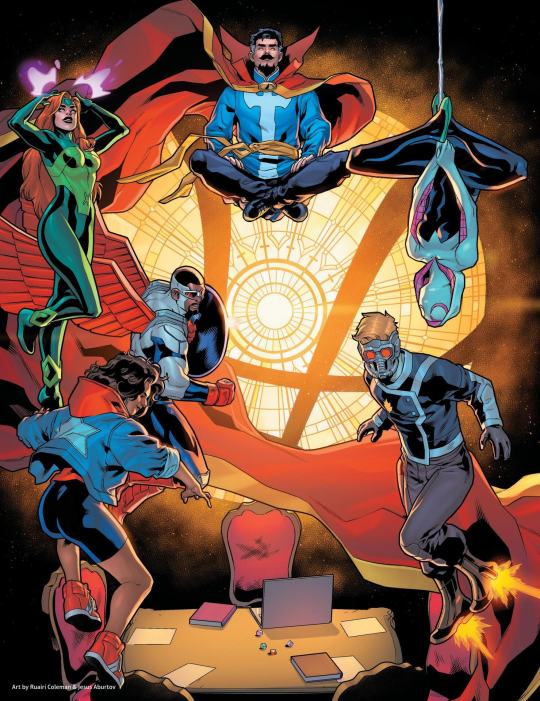
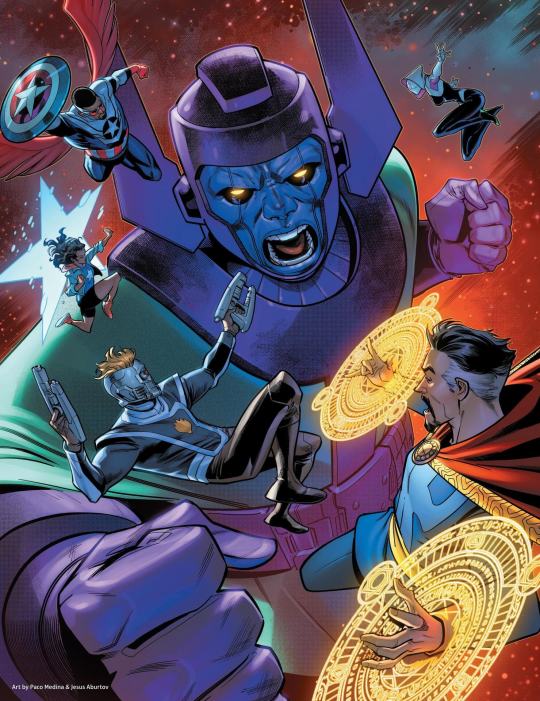
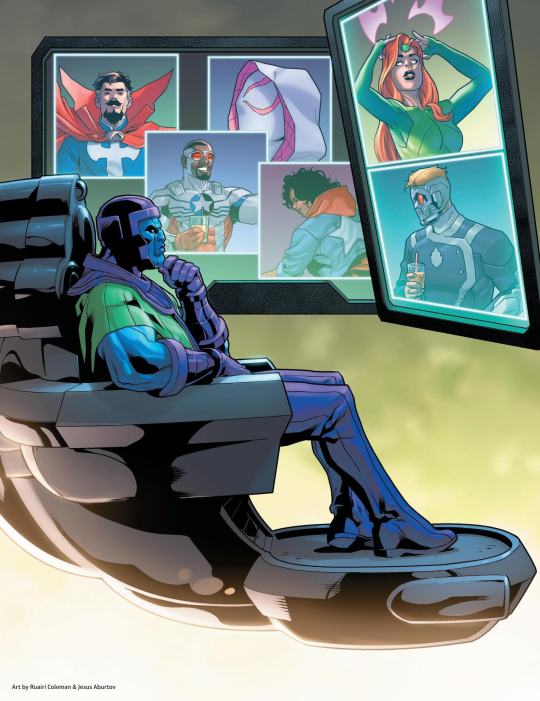

Campaign party from Marvel Multiverse RPG - Core Rulebook.
Art by Ruairí Coleman, Jesus Aburtov and Paco Medina.
This team would be amazing to read in a book, ngl.
#doctor strange#stephen strange#america chavez#ghost spider#spider-gwen#gwen stacy#captain america#sam wilson#jean grey#star-lord#peter quill#kang#marvel comics#marvel rpg
117 notes
·
View notes
Text
The Sultan, they said, was a good man. Soft, quickly moved to tears. Out of compassion, he bought the freedom of a Christian woman's stolen daughter. Even Walther von der Vogelweide, the minnesinger in distant Germany, praised the "mildness" of the powerful ruler in the Orient, whose name has a good reputation in the West: Saladin, a righteous man.
He was a man who always kept his word, even to his enemies.
He let his subjects drag him to court, because God's laws applied equally to everyone. Also for him, the ruler who managed to do what no one had ever managed before: to unite the Islamic world of the Middle East after centuries of discord and to wrest Jerusalem, the holy city of the Muslims, from the Christians in 1187.
His name translates as "righteousness of faith", and Saladin is indeed a devout Muslim. Nevertheless, after his conquest of the Holy Land, he allowed the Christians and Jews there to continue praying to their God. This is another reason why, more than half a millennium later, Western Enlightenment thinkers would make him the epitome of the tolerant ruler.
But this al-Malik an-Nasir Salah ad-Din Abu'l-Muzaffer Yusuf ibn Ayyub ibn Shadi, known as Saladin for short, also had other sides.
He could be treacherous, vile and mean. He did not shy away from murder. Nevertheless, this man fascinated his contemporaries. He became one of the most revered rulers of the Islamic world and the most important opponent of the Crusaders.
Saladin was born in 1138 in Tikrit (in present-day Iraq), the son of a Kurdish officer. During his political career, Saladin was the first to bring Egypt's army under his control.
Saladin, a Sunni, now founds two universities where theology is taught according to Sunni theology - a signal that he is on the side of the population. He also abolished a number of taxes that contradicted the Koran and the teachings of the Prophet.
Saladin's subsequent conquests shock the Christian world. By 1174, his power extended from North Africa to the southern tip of the Arabian Peninsula. In 1186, he ruled from the Nile to the Tigris.
At the height of his power, the Sultan even dreamed of taking the Holy War to Europe, conquering Rome - and putting the Pope in chains.
The Crusaders conquered Jerusalem in 1099 and held it until Saladin besieged it in 1187 and handed it over to the Ayyubid dynasty, a Muslim sultanate that ruled the Middle East at the beginning of the 12th century.
Saladin wanted to recapture the city, which had previously been ruled by Muslims.
For Muslims, Jerusalem is a place where important events in the life of Jesus and other important personalities took place. It is also the place where the Prophet Mohammed ascended to heaven according to the traditional interpretation of the Koran and other texts.
In Sunni Islam, Jerusalem is the third holiest city after Mecca and Medina. Muslims believe that Muhammad was brought to Jerusalem during his night journey (Isra and Mi'raj).
The name Jesus is mentioned twenty-five times in the Holy Qur'an, often in the form 'Isa ibn Maryam, which means "Jesus, son of Mary". In the Quran, he is given the unique title "Messiah" (al-masih in Arabic), which means "anointed one". He is considered one of many prophets from the lineage of the Prophet Ibrahim, or Abraham (peace be upon him). Many Muslim traditions regard it as an ideal example of spirituality. Unlike Christians, who generally believe in a triune God, Muslims believe that Jesus was a great prophet who was to lead mankind on the straight path of monotheism and obedience to God (Allah).
When Jerusalem also fell, two kings and an emperor set off for the Holy Land with their armies from 1189 onwards. One of the monarchs is King Richard I of England. Even before the armed pilgrimage, he had already earned himself an honourable name: "Lionheart."
Saladin lies in wait for the Christians in the forests of Arsuf near the Mediterranean coast. But King Richard of England had anticipated the attack; on 7 September 1191, his troops won a clear victory. Nevertheless, the Muslim army is still strong enough to block the road to Jerusalem.
Saladin's reconquest of Jerusalem in 1187 prompted Pope Gregory VIII to organize the Third Crusade. From 1189 to 1192, Saladin lost Acre and Jaffa and was defeated in the field at Arsūf. The Crusaders retreated to Europe without seizing Jerusalem, but Saladin's military reputation had been damaged. He died in 1193.
#learn about history#studyblr#religion#religious studies#crusaders#history#oriental#history of crusade#Saladin#king baldwin iv#kingdom of heaven#history of Jerusalem#Islam#christianity#history of Religion#teaching#books#booklr
88 notes
·
View notes
Text
Hell's Year Numbering
A short headcanon about what year it is in each country of Hell, featuring Gehenna, Tartaros, Hades, Abyssos and Paradise Lost. It's similar to how it's currently the year 2024 AD according to the common Gregorian calendar, which counts the year since the Nativity of Jesus Christ, or 1445AH according to Islamic calendar, which counts the year since the migration of Muhammad and his followers from Mecca to Medina, establishing the first Muslim community, etc.
For Gehenna and Tartaros, the year numbering begins with the day Satan and Mammon formally ascended to the throne of their respective country. So in these two countries, the number of year indicates how many years it has been since the ascension of the king(s). It's similar to regnal year/era in some countries that still retain the monarchy, such as the UK and Japan.
We all know about Leviathan's tragic past. So for Hades, I think the year numbering begins with the day the future king received the name "Leviathan" (or getting himself that name). After all, everything in Hades revolves around Leviathan, not just his reign as king.
Originally, Abyssos had the same year numbering method as other countries. However, since its king, Beelzebub left and became the wandering king, the country has changed its year numbering system, which counts the year since the day Beelzebub left.
For Paradise Lost, since Lucifer took charge, the year numbering became more religious, in a way. Now they count the year since the Creation of the world, and time itself, by God. Thus, the country of Pride and healers has the highest number for its calendar year.
#what in “hell” is bad?#prettybusy what in “hell” is bad?#what in hell is bad#whb#whb headcanons#whb satan#whb mammon#whb leviathan#whb beelzebub#whb lucifer
80 notes
·
View notes
Text


Captain America #3 (2023)
written by J. Michael Straczynski
art by jesus Saiz, Lan medina, & Matt Hollingsworth
#captain america#doctor strange#steve rogers#stephen strange#marvel#wednesday spoilers#spoilers#comic spoilers
91 notes
·
View notes
Text
Gabriel Medina x Reader - Untamable Part 2/8
Part 1

Reader spends the summer with her first love, Gabriel Medina, for him to get a chance to know their three year old son. However, both Reader and Gabriel struggle to keep their feelings at bay.
Enjoy!
Nemo wanted to walk on his own. He stumbled out of your grandmother house with no sense of direction at all. The still gathered crowd regarded him curiously as he made his way down the driveway. You walked not too far behind, ignoring the mumbles around you. The neighbors had stayed for this moment alone. The moment you would come face to face with—"
"Y/N."
A white Chevrolet with its widows tinted, stood parked along the sidewalk. Beside it stood a man dressed in a grey t-shirt and board shorts.
"Gabriel?" His name escaped your mouth unintentionally. Almost like a fever dream. He looked nothing like you remembered him, having left him as a boy with a cheeky smile and chubby cheeks. Before you stood a man, dark wavy hair and a sleeve covered in tattoos. His face was carved along his sharpened jaw, and a goatie grew on his chin below his mustache covered lips. He was fairly built, the bumps of his muscles visible through his straining t-shirt. And he was tall, almost two heads taller than yourself.
"Papa."
Gabriel's gaze left yours, shifting towards the ground. There, with his hands stretched above his head, was Nemo, who recognized Gabriel as the man from the pictures kept above his nightstand.
The crowd behind you sighed. Some of them even shed tears, watching Gabriel pick up Nemo in his arms, batting away his own tears.
"Go to him."
Your grandmother shoved you from behind. You stood frozen in the middle of the driveway. Even if you wanted to, you couldn't move.
"Gabriel, Gabriel. Can I have your autograph?"
Soon, the heartfelt crowd turned into a violent mob. Pushing each other in order to get closer to Gabriel, who was still holding Nemo in his arms.
"Please, please. I'm such a big fan. Can I just have one autograph?"
The neighborhood kids were the most brutal, fighting their way to get a chance to meet arguably one of the greatest surfers to have emerged from Brazil.
"Please." Gabriel said, trying to calm them down. "I'm only here for my family."
Things happened so fast. The escalation of the crowd forced Gabriel off the sidewalk and towards the house. He grabbed you along the way. Holding onto your hand until the silence of your grandmother's house fell upon you.
"Jesus." He said, running a hand through his hair. "That was crazy."
Nemo suddenly erupted in tears, crying for you to hold him. You did so, unhanding him from Gabriel.
"Poor baby." Your grandmother was not impressed. "How people can get. You'd think someone told them that the king was coming."
"Michael Jackson?"
"No, Elvis."
"Oh. Well, I'm really sorry about that." Gabriel said, watching you rock Nemo in your arms. "I really didn't think it would get this crazy."
"Maybe next time warn us before coming." Your grandmother gesticulated vividly with her hands. "This is São Sebastião not Rio de Janeiro. We aren't used to super surfistas like you casually paying us a visit. It would cause a riot."
"Mas vovó, eu também sou daqui." (But grandma, I'm from here too.)
"Please. Your family couldn't wait to abandon us as soon as they got a hold of a little money. Save your sweet talk for somebody else."
"Vovó" You frowned. She was being awfully rude.
"Just give the baby to me." She sneered. "I'm sure the two of you have a lot of things to catch up on."
You gave Nemo to your grandmother and suddenly found yourself alone in a room with the man you once loved.
"Y/N." Your name escaped his lips with such ease, like butter, and when he stepped forward to hug you all you could do was to oblige to the large arms that wrap around your body, hugging you tightly.
"Gabriel... I can't breathe." You tapped him on the shoulder.
He pulled back. "Sorry."
"No, it's okay."
"It's really not. This was meant to happen sooner."
"What?"
"Meeting you and the baby. But my family—"
"It's okay." You assured. The last thing you wanted to do was discuss Gabriel and the complicated relationship he had to his family. You had faced enough of that in your life.
"Let's just savor the moment." You said. "You're here now, aren't you?"
Gabriel smiled softly but fell victim to staring into your eyes for too long. Long enough to make the moment akward again.
"Sorry." He caught himself and chuckled. "It's just that you look so different."
"Me?" You frowned. "You're the one who put on a cows weight in muscle mass."
Gabriel's laughter sprung something within you, something you thought had died a long time ago.
"What's wrong?"
He saw the slight conflict that appeared in your eyes, seizing his laughter.
"Nothing I....I'm fine. A bit tired I guess."
"Don't worry. I'll drive us back to Maresias before sundown."
"Pardon?"
"What?" Gabriel shoved his hands into his pockets. His expression goes back to being annoyingly relaxed.
"What did you say about Maresias?"
"Oh, I said I'll get us there before sundown. Traffic here is way faster than in the city."
"We're not going to Maresias." The furrow of your brows deepened.
"Erm... but I thought that's what we agreed on. For you and Nemo to stay with me for the summer?"
"No, we agreed to stay closer to you in the summer. That's why we're here in São Sebastião, so that you can come and visit us without the hassle of coming all the way to the city."
Gabriel appeared bit disoriented. "So you're not coming to stay with me in Maresias?"
"No, absolutely not. What would even make you think—." You stopped yourself. The expression on Gabriel's face saying it all. The letters. One of which burned in your pocket.
"I'm sorry, Gabriel." You said softly. "I know that you want for the three of us to become a family again. However, that's just not happening."
He shook his head. "No, no. I get it. I shouldn't have assumed that you would want to stay with me after all this years. I just wanted to feel closer to my son, that's all."
A string of guilt struck your heart. But then you had to remember the numerous times you prayed for a moment, such as this one. A moment that never came. And it wasn't coming now.
"I'm sorry Gabriel. But this is the way it has to be."
"No, no. It's...fine." He scratched the back of his neck. "It's totally fine."
It wasn't fine. It took you everything not to cry.
"I guess I should head back home then, give the two of you a chance to settle in."
"Thank you Gab—"
"Oh, no, you're not." Your grandmother burst back into the room with Nemo pinned to her hip, a pacifier in his mouth.
"Vovó." You gritted your teeth. "Gabriel can leave if he wants to."
"Not with all those people still out there. If he does, they'll clamp down my yard, and I just planted new flowers."
It was settled, Gabriel was staying for dinner. Your grandmother cooked many of the dishes from your childhood, bringing back good memories. Most of your childhood memories were good. The bad ones were of your parents, who, along with your older brother, passed away in a car accident when you were just a young girl. That's actually how you got closer to Gabriel and his family. He was your brothers best friend, the two of them always up to no good. They'd spend most of their time surfing by the break of rocks, dreaming about going pro someday. At least one of them made it.
"Do you need help?"
You stood in the kitchen, interrupted by Gabriel, who stumbled upon you doing the dishes. Having him for dinner wasn't as bad as you had thought. You just had to ignore the fire that lit up inside of you every time he caught your eye from across the table. Or when his foot accidentally nudged yours underneath it.
"No, but thank you for asking."
"Alright then. Most of the people have left your grandmother's yard now, so I think I'm gonna make my way home."
You turned off the water, your back still turned to Gabriel who stood watching you from the doorway. "I guess I'll see you later then?" You said, swollowing the lump forming in the base of your throat.
"Yes. I'll probably come by the day after tomorrow. I have some work to do with my team until then."
"Your team?" You turned your head, watching him from the corner of your eye.
"Yeah. It's really just me and Rico. Rico, who you might remember? He was friends with Paulo and I back in high school."
"Oh." A weight pressed down on your chest at the mentioning of your brother.
"Yeah, he's actually my fitness coach now. He's gonna help me set up a program to prepare me for the next surfing tour."
"Of course." You nodded, dunking your hands into the dirty dish water just to hide the trembling of them.
"Well....I guess I better tell Nemo goodnight before I leave."
"Yes. Do that."
You stood in silence for a moment, hesitating to turn the water back on. A shadow then appeared behind you, isolating your frame. Gabriel's tattooed arms wrapped around your body, sliding down into the sink, into the dirty dish water.
"Do they still do that." He whispered, his voice deep in your ear.
"Y...yes." You nodded, the heat from his body not making the trembling any better.
"Are you still on medication?"
"No. I stopped taking them when I was pregnant. I guess I never found a reason to take them again."
"This should be a reason." Gabriel raised your hands up and out from the water, revealing your hands. To your surprise they had stopped trembling. But only because Gabriel was squeezing them tightly, stabilizing the panic within you.
His voice was calm in your ear. "There's nothing to be ashamed about. It's normal to take medication for these sorts of things."
"It really isn't." You chuckled. "Not when your family has been dead for years."
Soft lips were pressed into your hair, followed by a whisper, "You're family is not dead. We're right here with you."
You made the mistake of turning around and facing him, his arms caging you between him and the kitchen sink. His lips looked so kissable, Gabriel's eyes convincing you to do just that. Kiss him. However, he only leaned in to knock his forhead against yours. "I'll be back the day after tomorrow, okay?"
"Okay."
He kissed your temple and you let him. "Good. I'll see you."
You watched him leave the kitchen and disappear down the hall. A quiet beat, followed by Nemo's laughter suddenly echoing throughout the house, below it and above it, as if he was being tossed in the air. The laughter eventually seized, followed by Gabriel, who passed the kitchen on his way towards the door. "Goodnight, Y/N."
It took everything for you to say it back. "Goodnight Gabriel."
He left the house as you approached the kitchen window, watching him make his way down the driveway back to his car. Some resilient kid from the neighborhood popped out of nowhere with a pen and paper. And like you knew he would, Gabriel took his time to sign his autograph on that piece of paper, leaving the young boy beaming from ear to ear.
"He's a good man, that I'll admit."
"Jesus, vovó. You scared me."
She had appeared by your side like a cat in the night. Like you, her gaze was fixiated out of the window, regarding Gabriel as he finally hopped into his car.
"Just don't let him break your heart again." She said, a stern look on her face. "Never again."
Part 1
38 notes
·
View notes
Text
Stephen Shoemaker has talked at length about the eschatological nature of early Islam in other books and articles; he makes some very interesting points in The Apocalypse of Empire (which is not just about Islam, although it discusses Islam at length in two chapters), synthesizing some points made by other scholars.
Scholarly trend to view Islam as a movement that was from the beginning pragmatic, not apocalyptic. Other scholars try to portray Muhammad as basically a national unifier/Arab empire-builder, with religion as a tool secondary to this aim. This seems to amount to not taking early Islam as it portrays itself very seriously, and indeed in some cases seems to be almost an apologetic project to try to help make early Islam more relevant to the present day.
Snouck Hurgronje(sp?) argued that early Muslims saw Muhammad's appearance itself as a sign the end of the world was at hand, and that Muhammad would not die before its arrival. He and other scholars after him saw other elements of his message as more or less accessories to his concern with the impending end of the world.
Projects of empire-building and apocalypticism are not necessarily opposed! The rest of this book furnishes examples from Byzantium, Rome, Zoroastrianism. For a contemporary example, we might look at ISIS. It was relatively common in the ancient near east to think the eschaton would be realized through imperial triumph, and that the end of history was imminent. Indeed, Muhammad's religious beliefs probably played a significant role in the dynamism and success of his nascent polity.
Later Islamic tradition like the biographies deemphasized the urgent apocalypticism (again, not unlike Christianity!). But the Quran is rife with warnings of impending judgement and destruction ("the Hour"), and incorporates Christian apocalyptic material like the parable of the rich fool from Luke. Shoemaker furnishes lots of quotes like "The matter of the Hour is as a twinkling of the eye, or nearer," and "The Lord's judgement is about to fall," etc. Astronomical events will predict the Hour's arrival; doubters will soon be proved wrong, etc.
Perspectives from the New Testament help us understand why different passages portray the urgency of the Hour differently; the historical Jesus probably preached an imminent apocalypse, but the Gospels were compiled later, so they can be more ambivalent. Likewise later Muslims, when compiling the Quran, would have to deal with the fact that the "urgent" end of the world hadn't arrived yet; though the strong eschatological perspective persisted (as it did in Christianity, too), there was an effort to try to moderate some of these embarrassing passages.
Some early hadith and other early traditions corroborate the impending eschaton, emphasizing the link between his appearance and the end of the world. "According to another tradition, Muhammad offered his followers a promise (reminiscent of Matt. 16:28, 24:34) that the Hour would arrive before some of his initial followers died. In yet another tradition, Muhammad responds to questions about the Hour’s timing by pointing to the youngest man in the crowd and declaring that 'if this young man lives, the Hour will arrive before he reaches old age.'"
Donner argues the conquests were an effort to establish an interconfessional "community of the Believers" that included Jews and Christians, requiring only belief in God and the last day. According to him, Muhammad and his earliest followers didn't even think of themselves as a separate religion; rather, their earliest community was a loose confederation of Abrahamic monotheists who shared Muhammad's apocalyptic aoutlook, and who were trying to establish a righteous kingdom in preparation for the end. Cf. the Constitution of Medina, which seems to be a very early source. It has a dramatic discontinuity with the ethnic and religious boundaries established in later Islam. Traditionally held to be a brief experiment that ended with Muhammed expelling the Jews from Medina, Donner argues that in fact Muhammad's community remained confessionally diverse for decades, including Jews and Christians into the Umayyad period. Indeed, a lot of their early successes may have been aided by their nonsectarian outlook.
Only under Abd al-Malik(!) does Islam begin to consolidate, and a new Arab ethnic identity crystallizes that distinguishes Muslims from outsiders they ruled.
In variant readings of the Quran we can glimpse a view not unlike that of the early Christians, where the Kingdom of God had its inception in Jesus's works; here, the conquests of the early followers of Muhammad are part of an the initiation of the end times. Muhammad is the "seal of the prophets" in this reading because the world is about to end.
So the picture that emerges from all this is that Muhammad was an apocalyptic preacher and reformer, very much like Jesus, who wasn't aiming to found a new religion necessarily. But he preached that the world was ending, and as part of his preaching on this subject he led the creation and rapid expansion of a new polity meant to unite the community of believers. Only once he died, and the world failed to end, and his followers had to consolidate their gains and transform them into an actual, durable state did a coherent scripture (the Quran) and a coherent religious identity (Islam) emerge, both strongly affected by the new social, cultural, and political contexts his followers found themselves in. The turning point seems to be the reign of Abd al-Malik, around fifty years after the death of Muhammad, when the oral traditions of the original community of believers are approaching their expiry date, and a new generation (and new converts) need a worldview and a political system that is relevant to their present circumstances. This is extremely comparable to the transition from early Jesus-traditions to the Gospels finally being written down in the second century, when the last people who knew Jesus directly, or who knew the Apostles directly, were dying, and the community had to transition to a form that could survive indefinitely, or else be forgotten.
71 notes
·
View notes
Text
Surah Āli ʿImrān
Surah Āli ʿImrān
In The Name of Allah, the Most Gracious, the Most Merciful
Alif-Lam-Mim. [These letters are one of the miracles of the Quran and none but Allah (Alone) knows their meanings]. (Quran Surah Āli ʿImrān 3:1)
Allah! La ilaha illa Huwa (none has the right to be worshipped but He), the Ever Living, the One Who sustains and protects all that exists. (Quran Surah Āli ʿImrān 3:2)
It is…
#Allah#belief#believe#christ#Coran#Faith#Isa#Islam#jesus#Koran#Lord#Makkah#Mary#maryam#Mecca#Medina#Muhammad#Muslim#Prophet#Quran#Sunnah#Surah#SurahAllImran#Uhud
0 notes
Note
what distinguishes Islam's relationship to the other Abrahamic religions and their texts from christian-style supercessionism? i mean i know that historically Muslim communities have often been better at religious plurality than christian ones, i just don't know what theological/structural factors contributed to that
From a purely neutral perspective, Islam has a concept called Tahrif, which translates to corruption or alteration. The idea is that the previous scriptures have either been tampered with or altered to such an extent that they aren't fully recognized as the 100% written word of God. Thus the Qur'an is established to function, not to replace the previous scriptures, as a new set of laws and guidelines for mankind. Although Islamically, the previous scriptures are considered corrupt, Islam does not reject Judaism or Christianity and do not consider either of them false, this is why the Qur'an refers to them as the People of the Book. For more information, see: the Consitution of Medina.
In terms of the Torah, the Qur'an expresses that the books of Moses are holy, but have been altered or tampered with to such a point that the book no longer could be considered the authentic word of God. However, the laws established are still binding to the Children of Israel. However, the Islamic concept of Tahrif is not concerned with the idea of denying the Laws of Moses, but rather see it as a law exclusive to the children of Israel, thus Muslims hold Paul the Apostle with animosity for tampering with Scripture and annulling various laws incumbent upon the Jewish people. Muslims deny that Jewish people killed Jesus, therefore rejecting the idea of deicide, since Muslims don't believe Jesus was God, nor do they believe that he died on the cross, so there was never a New Covenant formed in place the Old Covenant. As for the gospels, Islam does not recognize the four gospels as being part of the Holy canons, but hold that Jesus, the Prophet, was the Gospel, and that he was the Scripture, the Word so to speak. The Qur'an refers to the Gospel in a singular term, the Gospel of Jesus. Jesus preached his message and there were scribes who recorded his words, but those words have gone missing or have ever since been burnt by the Church, thus we do not have a Gospel of Jesus as we understand it in the Qur'an.
The important part to understand is that the Qur'an is not a book of historicities or chronological events, it is a book of laws and regulations.. Various biblical stories are brought up to establish the reason behind an established law, such as the impermissibility of eating pork.
Yes, there is the idea of supersessionism, but not in the style of Christianity.
104 notes
·
View notes
Text
Preview: Captain America #3
Captain America #3 preview. Misty Knight has uncovered a string of murders with seemingly supernatural origins - and Captain America's been marked as the next target #captainamerica #comics #comicbooks

View On WordPress
0 notes
Text
Who is prophet Mohammad SAW?
Prophet Muhammad (SAW) was the final messenger of Allah (God) in Islam, sent to guide humanity to the right path. He was born in Mecca, Arabia in 570 CE and received revelations from Allah through the angel Jibril (Gabriel) starting from 610 CE. These revelations were later compiled into the Quran, the holy book of Islam.
Muhammad (SAW) is considered the seal of the prophets, meaning he was the last in a long line of prophets sent by Allah, including Adam, Abraham, Moses, Jesus, and others. He is revered by Muslims as a role model, teacher, and guide.
His teachings emphasize:
1. Tawhid (monotheism): The oneness of Allah
2. Risalah (messengership): The importance of following Allah's messengers
3. Ma'ad (afterlife): Accountability for one's actions in the hereafter
Muhammad (SAW) established a community in Medina, Arabia, based on Islamic principles, promoting justice, compassion, and equality. He passed away in 632 CE, leaving behind a legacy that has shaped the lives of billions of people around the world.
#islam#islampost#islamic knowledge#islamquotes#islamic#muslim#islamic jankari blog#religion#islamic education#islamic reminders
10 notes
·
View notes